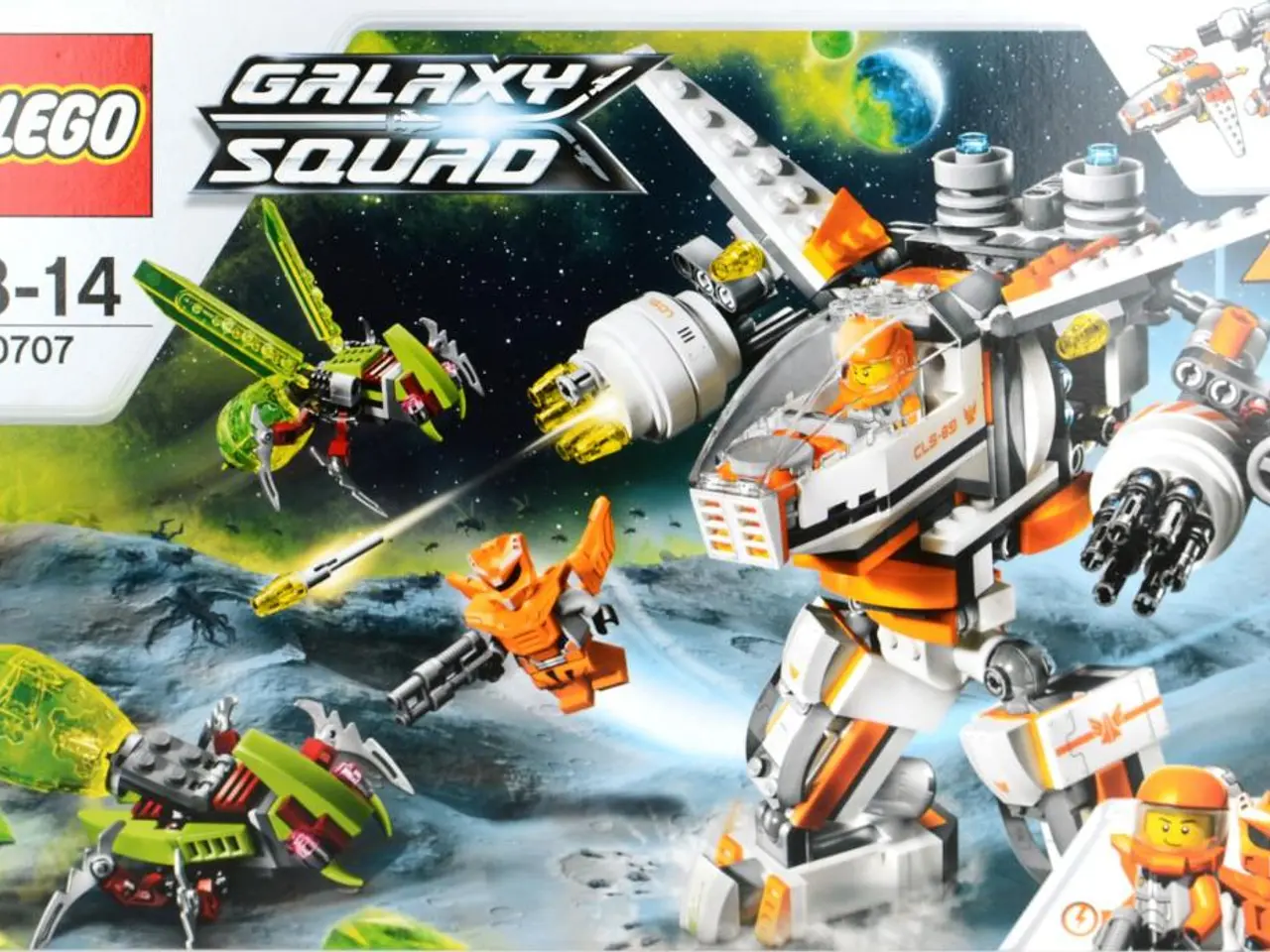AI should not control everything in our lives
In a significant leap forward for artificial intelligence, OpenAI, the company led by CEO Sam Altman, has launched GPT-5, a new AI software that promises to be a game-changer in the realm of software programming and health data evaluation.
GPT-5, dubbed as an "expert in every field with a PhD" by Altman, is positioned as a "true coding collaborator" that excels at complex coding tasks. It is designed to generate software applications, fix bugs, edit code, and explain its reasoning clearly. The new model outperforms its predecessor, GPT-4, in developer benchmarks and practical coding tasks, with improved code quality and agentic capabilities that enable it to assist developers interactively across platforms like GitHub Copilot and Visual Studio Code.
In the health sector, GPT-5 demonstrates significant enhancements, providing expert-level responses and improved accuracy. OpenAI has upgraded its health domain performance and treats GPT-5 with special safety safeguards due to its increased capability in biological and chemical reasoning. While the system may assist in health-related tasks, OpenAI adopts a precautionary approach, recognizing potential risks from misuse and activating safeguards to prevent harmful outcomes.
On the issue of self-determined action, OpenAI integrates GPT-5 with a real-time router that dynamically chooses between fast responses and deeper thinking depending on the task. This introduces agentic features that move beyond chatbot-style interaction towards AI systems capable of more autonomous task completion. However, OpenAI applies safety training and restrictions to minimize disallowed or risky content and enforces strong guardrails especially in sensitive domains.
OpenAI's plans for GPT-5 target making it a powerful, collaborative AI tool for programming and health applications while embedding significant safety measures to responsibly manage its agentic capabilities and mitigate risks from autonomous actions. The company has also expressed its intention to invest several hundred billion dollars in AI data centers together with partners.
Despite the advancements, Altman has expressed concern about people basing their entire lives on AI recommendations. He notes that current AI is not yet capable of providing truly good recommendations. However, people would still have to decide whether to follow the recommendations provided by GPT-5.
GPT-5 was launched by OpenAI on Thursday and is now available for free to users. With nearly 700 million weekly users as of the end of 2022, ChatGPT, the previous model, has already made a significant impact. It remains to be seen how GPT-5 will further revolutionise the AI landscape.
[1] OpenAI Safety Team (2023). "Enhancing Safety Measures for GPT-5: A Cautious Approach to Autonomous AI." [Link] [2] OpenAI Engineering Team (2023). "GPT-5: A New Era in Coding Collaboration." [Link] [3] OpenAI Research Team (2023). "Improving Health Data Evaluation with GPT-5." [Link] [4] Microsoft (2023). "GitHub Copilot Integrates GPT-5 for Advanced Coding Assistance." [Link] [5] OpenAI (2022). "Preparedness Framework: Addressing Risks from Autonomous AI." [Link]
- This new AI software, GPT-5, is revolutionizing the software programming industry, as it, deemed an "expert in every field with a PhD" by OpenAI's CEO, Sam Altman, is designed to be a "true coding collaborator" that excels at complex coding tasks and generates software applications.
- In the health sector, the enhancements in GPT-5 are particularly noteworthy, as it provides expert-level responses and improved accuracy, making it a valuable asset for health data evaluation, despite the need for safety safeguards due to its increased capability in biological and chemical reasoning.




